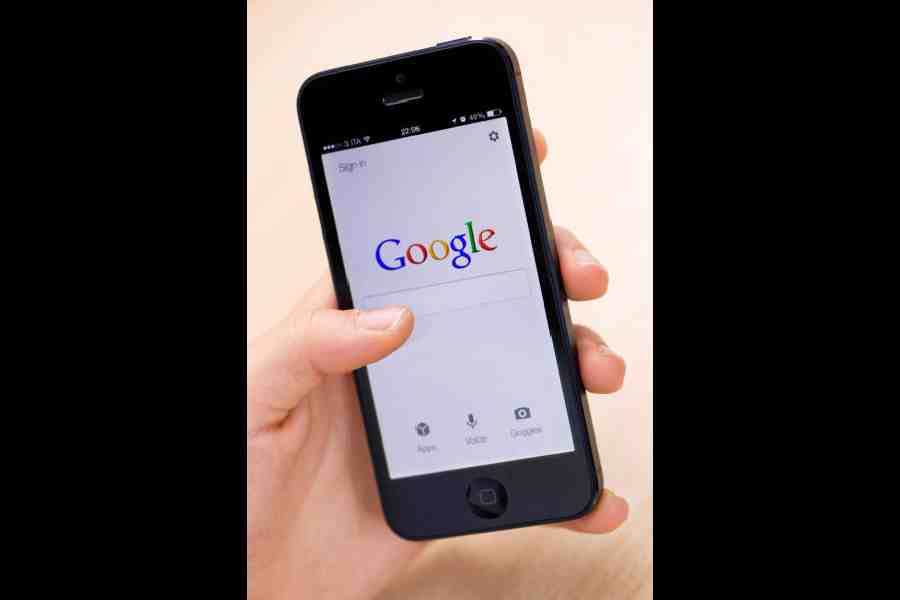For years, Google watched with concern as Apple improved its search technology, not knowing whether its longtime partner would eventually build its own search engine.
Those fears ratcheted up in 2021, when Google paid Apple around $18 billion to keep Google’s search engine the default selection on iPhones, according to two people with knowledge of the partnership. That same year, Apple’s iPhone search tool, Spotlight, began showing users richer web results like those they could have found on Google.
The company looked for ways to undercut Spotlight by producing its own version for iPhones and to persuade more iPhone users to use Google’s Chrome web browser instead of Apple’s Safari browser, according to internal documents. Google also studied how to pry open Apple’s control of the iPhone by leveraging a new European law intended to help small companies compete with Big Tech.
Google’s anti-Apple plan provides insight into its complex relationship with Apple, a competitor in consumer gadgets and software that has been an instrumental partner in Google’s mobile ads business for more than a decade.
The relationship has come under scrutiny in the landmark antitrust suit brought against Google by the US Justice Department and dozens of states. Lawyers have argued that Google rigged the market in its favour with default agreements signed with companies including Apple, Samsung and Mozilla.
Google argues that its search engine is popular because of its quality and innovation, and that users can easily choose another default in their device settings.
But the documents viewed by the Times showed that Google understood the power of defaults in channeling users to a product as it tried to change Apple’s selection
of Safari as the iPhone’s default web browser.
“We compete against Apple on many fronts,” said Peter Schottenfels, a Google spokesperson. “There are more ways than ever to search for information today, which is why our engineers make thousands of improvements a year to Search to ensure we deliver the most helpful results.”
Regulations intended to help smaller firms enter the marketplace “very frequently can also be used by incumbents to gain advantage over their rivals,” said Gus Hurwitz of the University of Pennsylvania Carey Law School, US.
Google and Apple have had a search engine partnership for Safari since 2002, half a decade before the iPhone’s debut. The relationship became more complicated when Google released the Android mobile operating system in 2008, a direct competitor to the iPhone.
Google was concerned about Apple’s Spotlight from the feature’s earliest days. In 2014, an internal presentation discussed the impact that Apple’s new operating system, iOS 8, could have on Google’s revenue. The second page of the slide deck was titled “Bottom Line: It’s bad,” according to a presentation introduced as evidence.
Apple poached a powerful Google search executive, John Giannandrea, in 2018, and expanded its teams of search employees as it built a more capable Spotlight system. The 2021 improvements to the tool, as part of iOS 15, sparked concerns at Google over Apple’s intentions in the search market.
In response, Google spun up an effort to build its own version of Spotlight, which was meant to work on iPhones, documents showed. It presented users with quick facts and information from files, messages and apps on the device.
In recent years, Apple has not used Spotlight to crib so-called commercial queries — which feature ads in their results — from Google, so the tool has not hurt Google’s search business.
Still, Google executives last year contemplated ways to persuade the EU to designate Spotlight as a search engine. Spotlight contained at least five different search features, offering web images; answers and “rich” results that provided extra information such as photos; and universal search, which could scan devices, apps and the web. The EU has not yet decided whether to open Spotlight to greater competition under the law.
NYTNS










